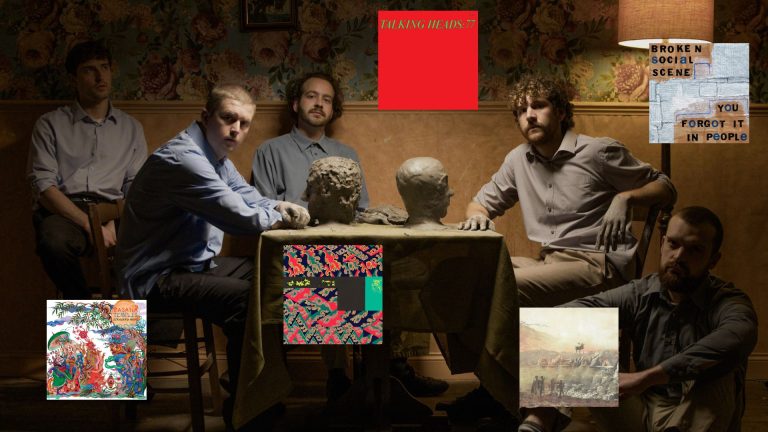Moreish Idols have been in a state of constant evolution, their sound undergoing persistent changes over the last few years. Their earliest work was imbued with a kneejerk post-punk fervor, a primal kineticism that spoke of their commitment to embracing unimpeded emotional impulses – and though they have both tempered and expanded their sonic palette since then, that volatile sense of musical craftmanship remains. Genres are less guidelines than suggestions, advocating for movement in a handful of directions but never insisting on a specific destination.
Their upcoming album, All in the Game, finds them continuing to blend aesthetics, blurring boundaries and influences until the world around them is a haze of countless contours and sounds. Like contemporaries Squid or Bruiser and Bicycle, Moreish Idols approach music without succumbing to the convenience of conventional methodology. A saxophone rips through the night, guitars are splintered and battered while furious percussive rhythms echo in your chest. This is the feral landscape in which the band operates, a savage wasteland of fractured inspirations and malleable tones.
Recently, the band curated a list of albums which detailed a handful which helped to guide them as they positioned the girders and struts used to support the creative weight of All in the Game. Read below as they take a dive into the origins of their latest madcap musical adventure.
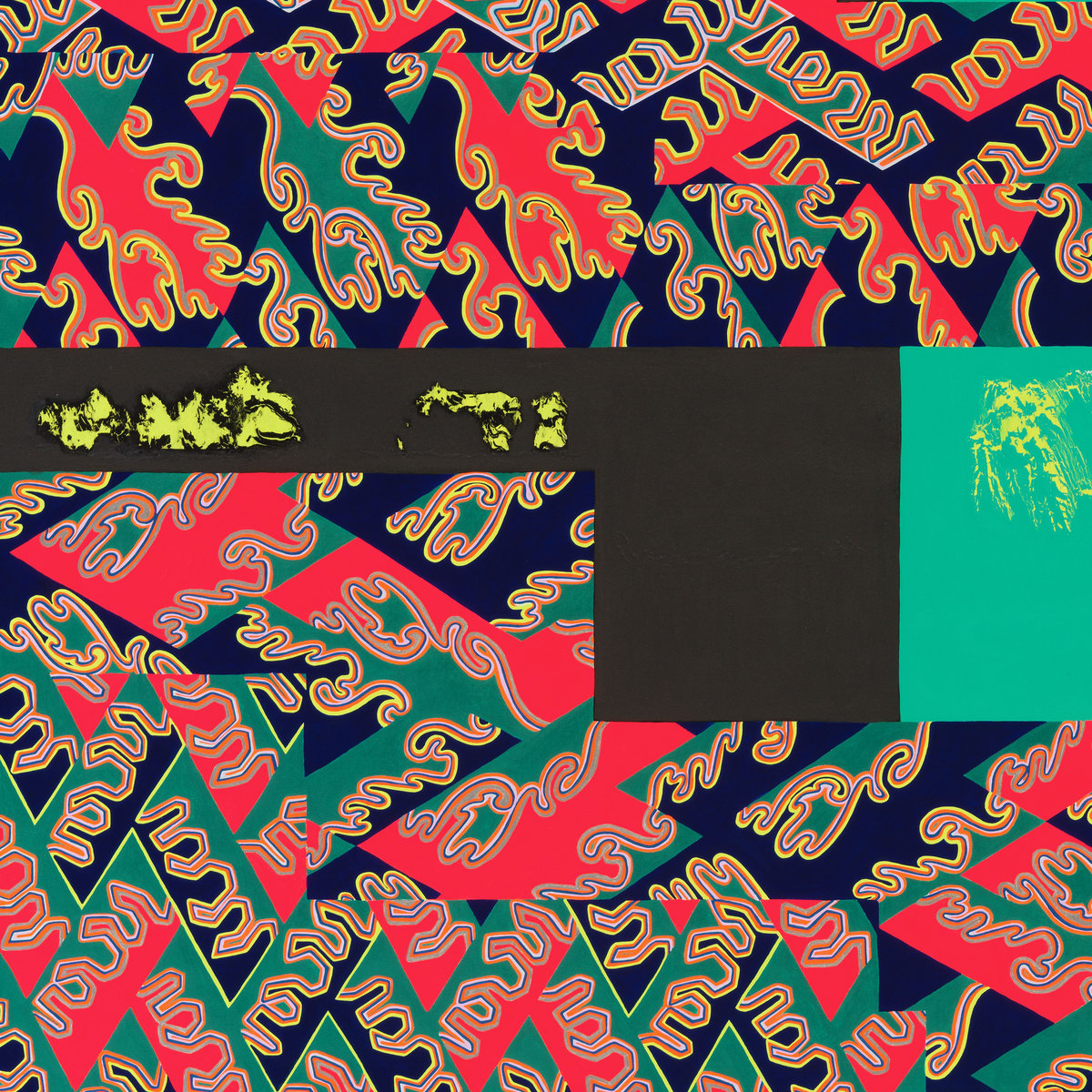 Natural Information Society (with Evan Parker) Descension (Out of Our Constrictions)
Natural Information Society (with Evan Parker) Descension (Out of Our Constrictions)
[Eremite Records; 2021]
An album that’s had a big influence on what I’ve tried to bring to the band for All in the game is Descension, a live album by the Information Society featuring UK saxophonist Evan Parker and recorded at Cafe Oto. Evan Parker is playing soprano saxophone, honking out these long passages of repeating note patterns that sound almost like mad synthesiser arps. I thought it sounded cool and bizarre so I tried to integrate a somewhat more tame version of this into elements in some of the songs such as the saxophone riff in the title track, All In The Game. – Dyl
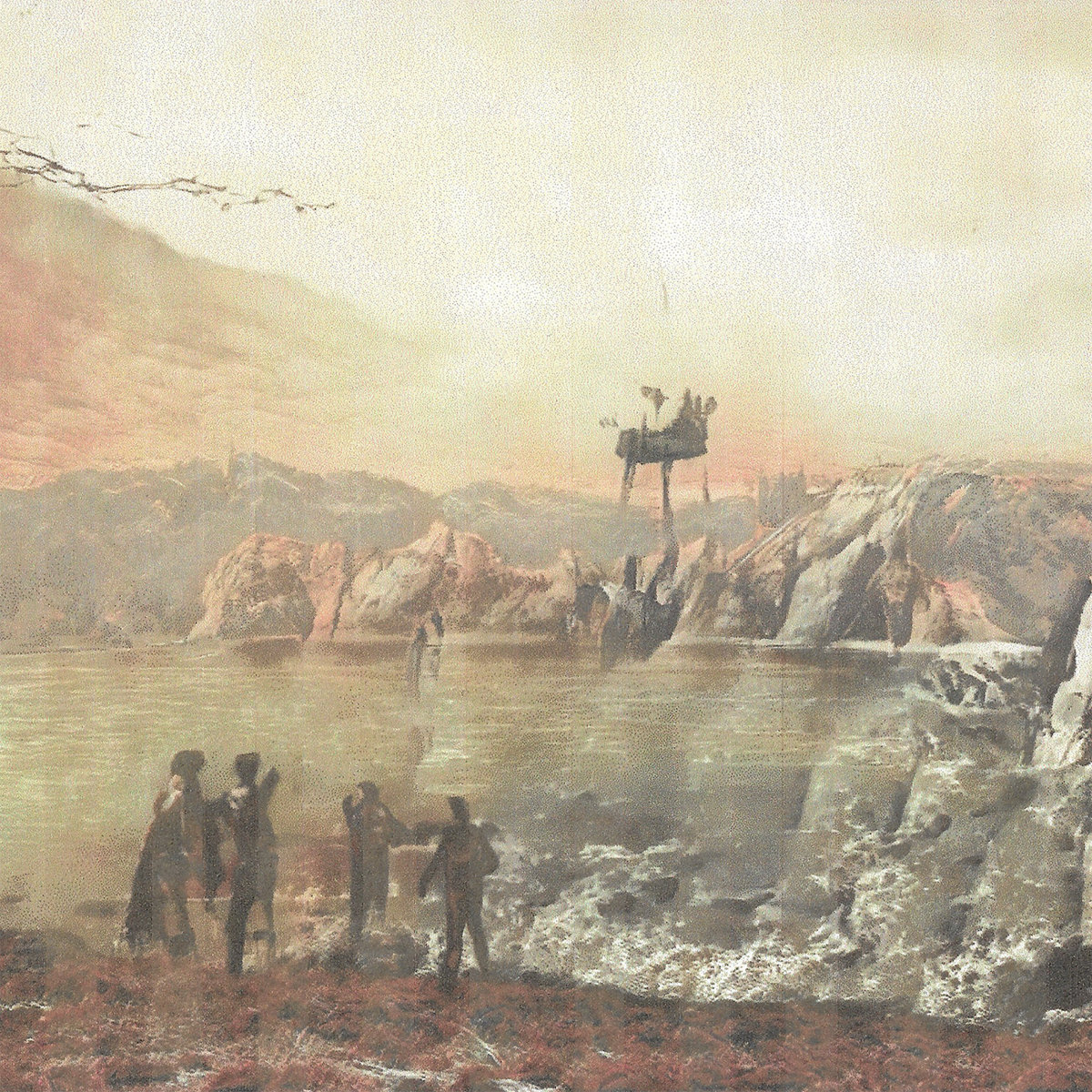 404 Guild
404 Guild
False Dawn
[Dirty Hit; 2021]
404 Guild has always had a huge influence on my writing, aided by the fact that we grew up writing and making music together. Influenced by our home surroundings – the coast between Eastbourne and Brighton – we’ve always shared a similar interest in building worlds and exploring the crossover between fact and fiction, telling stories of real trauma and challenging mental battles through fantastical characters and immersive landscapes. False Dawn encapsulates this style of writing perfectly from start to finish. The whole thing feels like an epic journey across a foreign landscape, a structure that influenced our desire to build a world and tell an albeit more abstract story across All In The Game. – Jude
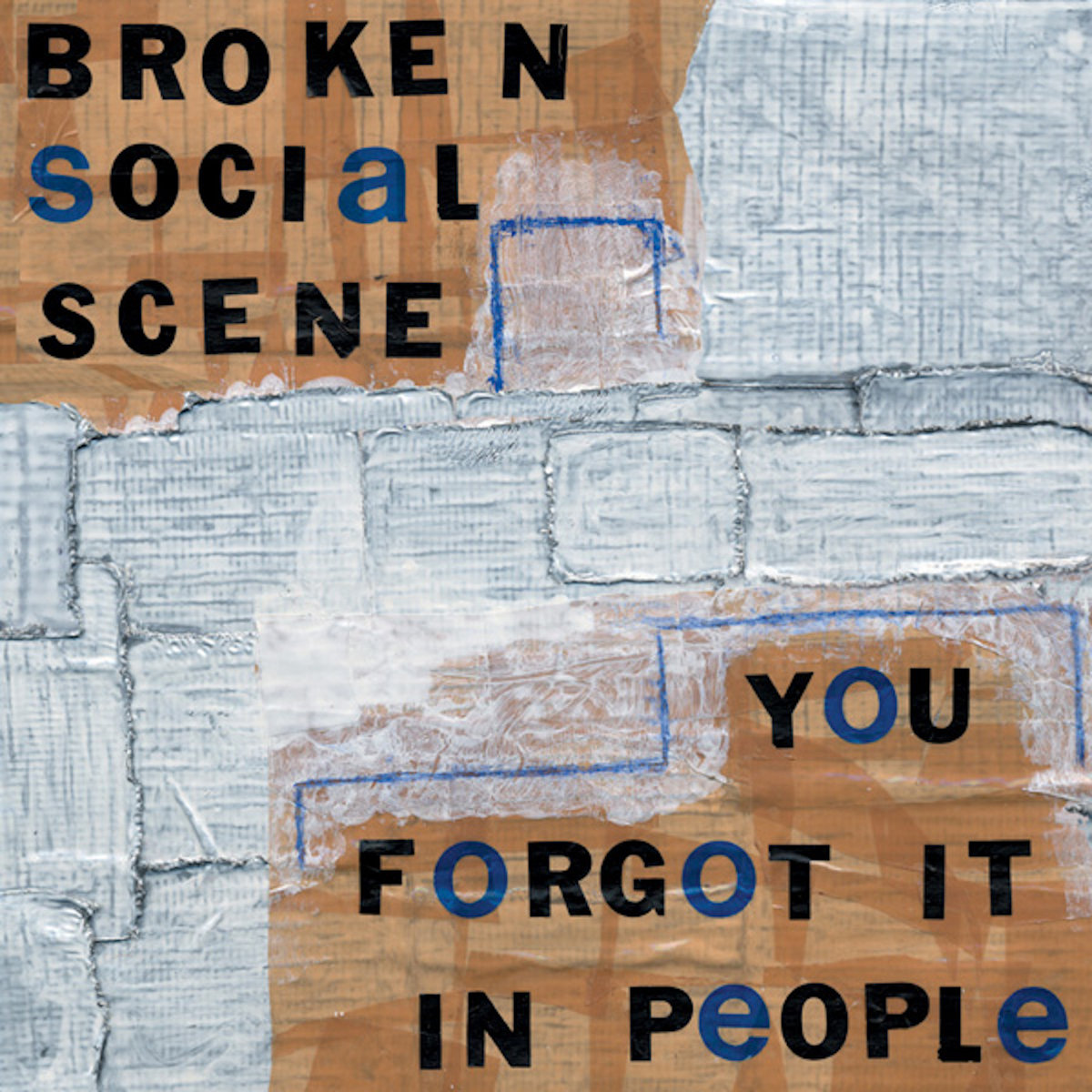 Broken Social Scene
Broken Social Scene
You Forgot It in People
[Arts & Crafts; 2002]
An album that really jumped out to me as we began writing All In The Game was You Forgot It In People by Broken Social Scene. I listened to “Cause = Time” from that record and the euphoric, driven, hifi but also DIY feeling of that track just blew my mind. I listened to the whole record immediately and sent it to Jude from the band. I remember telling him that this album felt so akin to how we write music, and how we want things to feel. Turns out it was one of our bandmates, Caspar’s, favourite albums! We’ve kept that record in our minds as an anchor throughout this whole process. – Tom
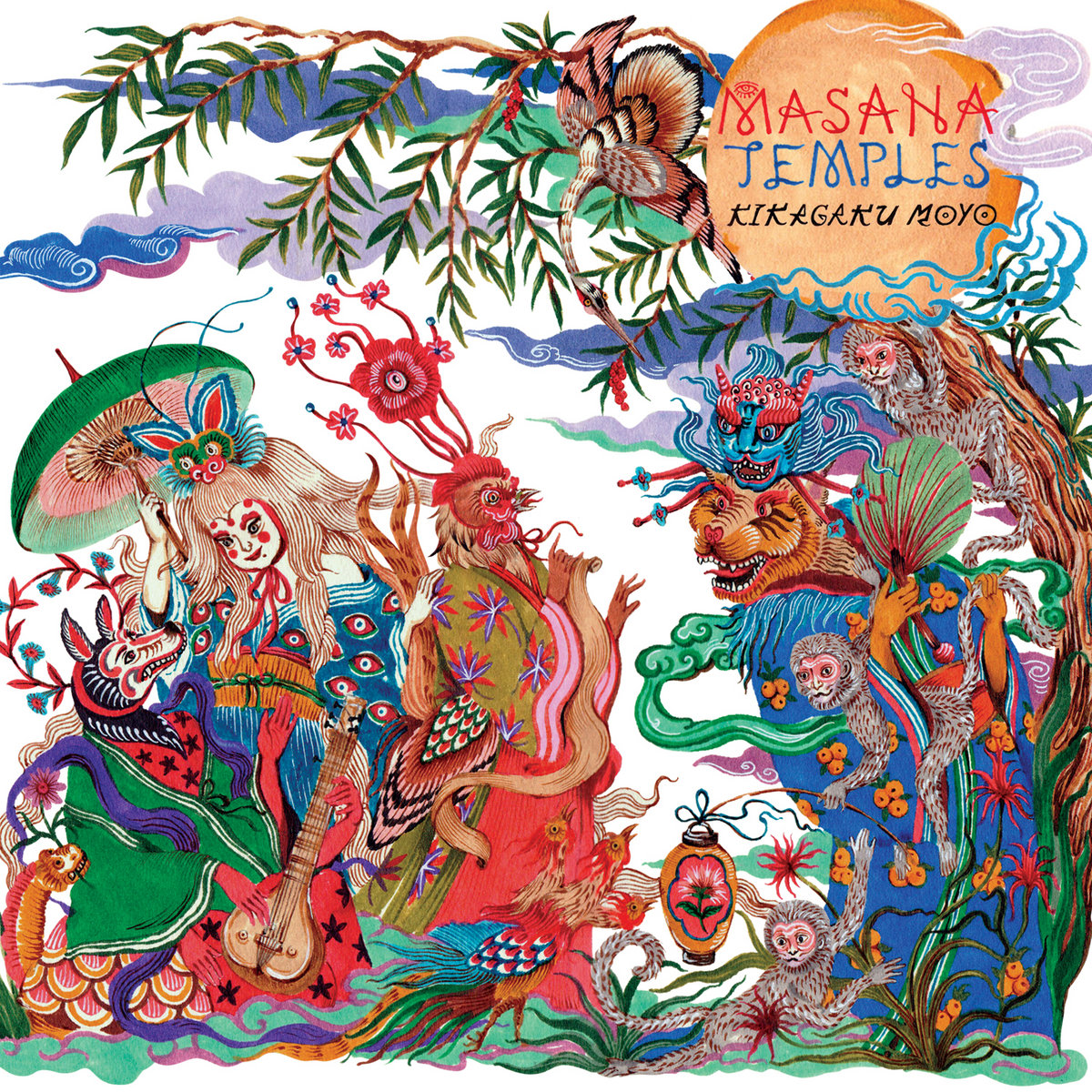 Kikagaku Moyo
Kikagaku Moyo
Masana Temples
[Guruguru Brain; 2018]
Kikagaku Moyo, translates to “geometric patterns” in Japanese, from the visuals they’d see of fractals appearing under their eyelids after jamming all night until the early hours of the morning.
Their fourth album, from 2018 : Masana Temples has been bouncing around my subconscious ever since I first heard it around 2020.
It’s hard yet smooth, delicate and fuzzy kraut infused psychedelic rock from Japan.
A mix of sitar-infused Japanese folk, Krautrock rhythms, and fuzzed-out guitars, give it a distinct and individual psyche rock sound. Interestingly, while the vocals might sound like Japanese to western ears, they’re actually improvised gibberish syllables and phonetics, an idea they had – leaving the meaning open for listeners to interpret however they want. Whenever I listen to it the rhythms just drive me through the rest of my day as an ear worm quietly plays its pulsating sitar and a cowbell on the offbeat as I go about my business.
During the process of writing All In The Game, I took inspiration from the way the songs progressively snowball, and really take you on a journey. The standout track for me is “Nana”. It almost could be a south London Post punk track. The driving force of the 7/8 timing kraut laden beats keeps it as forthcoming as a bullet and super tasty. Listen out for the cowbell chorus.
Luckily me and Jude saw these guys live about 8 months before we were in the studio. It’s safe to say All In The Game might have ended up very different had this not been the case. It was Wild. – Sol
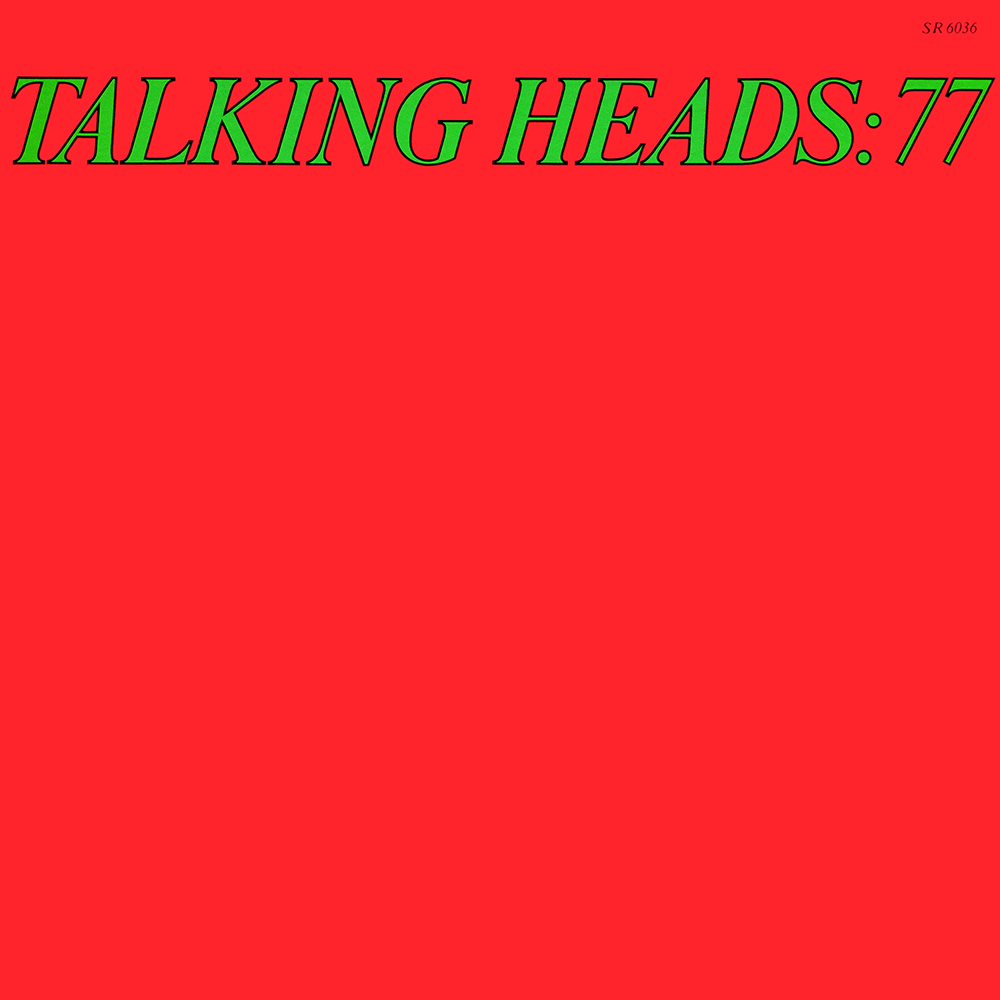 Talking Heads
Talking Heads
Talking Heads: ’77
[Sire; 1977]
This first Talking Heads album was very influential on the bass sounds on All in the Game. Tina Weymouth’s melodic style on these tracks drives the songs forward whilst providing a solid base for the weirdness that sits on top. Having learned bass to make this album her approach was innovative and inspiring. – Caspar
All in the Game is due out tomorrow via Speedy Underground. You can pre-order the album here. Follow the band on Facebook, X, and Instagram.

